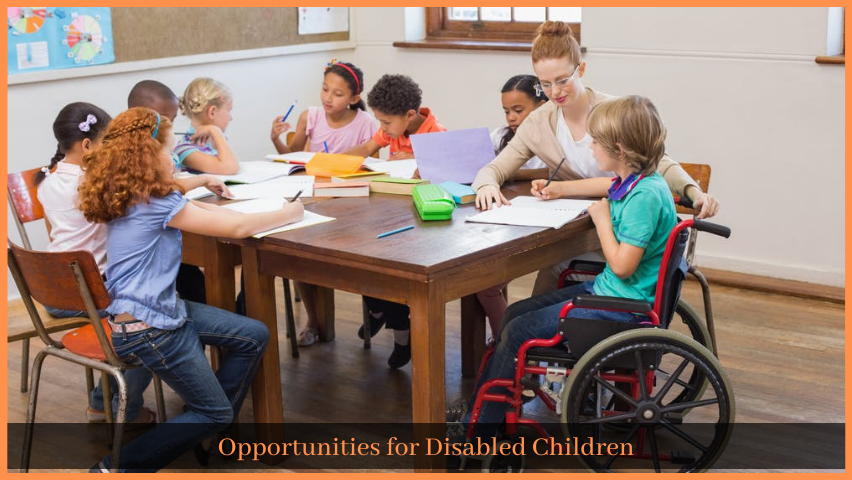Every kid in Australia has the right to be regarded as a member of society and to participate in and contribute to it. Children with disabilities are no exception, and they should be given the same opportunities as other children.
Kindergarten and Early Childhood
The Disability Discrimination Act 1992 and the Disability Standards for Education 2005 mandate early childhood providers and kindergartens in Australia to modify and adapt the environment and any activities to meet the requirements of enrolled children with disabilities. Modifications and changes should be reasonable and allow disabled children to participate in the same activities as other children.
Primary Education
A child with a disability has the same primary school options as regular children, and sometimes even more. You can send your child to a public or private school, or you can decide that a specialist school or homeschooling is the best option for your child.
Primary schools, like early childhood providers and kindergartens, must provide your child with the same chances as other students. The Commonwealth Disability Discrimination Act 1992, in particular, mandates this. The Disability Standards for Education, which are part of this Act, explain how schools must serve students with disabilities to ensure that they are given equal opportunities.
University and Secondary School
Education providers, including secondary schools and universities, are expected to provide support to students with disabilities throughout their academic careers. You may expect your kid to engage and learn in the same way as the other students in the class, with educators making reasonable adaptations as needed.
Discrimination
Your child should have every opportunity to live a happy and meaningful life, therefore their caregivers must learn how to offer the best environment for them.
When your child is denied participation in an activity because of their disability, this is known as discrimination. This frequently occurs when educators are unaware of how they are obliged to assist or how they are allowed to assist. If this is the case, talk to your child’s teacher about their requirements and offer suggestions for how they can help or where they may acquire pertinent information. However, it may be essential to seek guidance or file a complaint with the Anti-Discrimination Commission in your state. If you are still dissatisfied with your child’s education, you may want to look for a new one to guarantee that your child has an equal chance at school.




